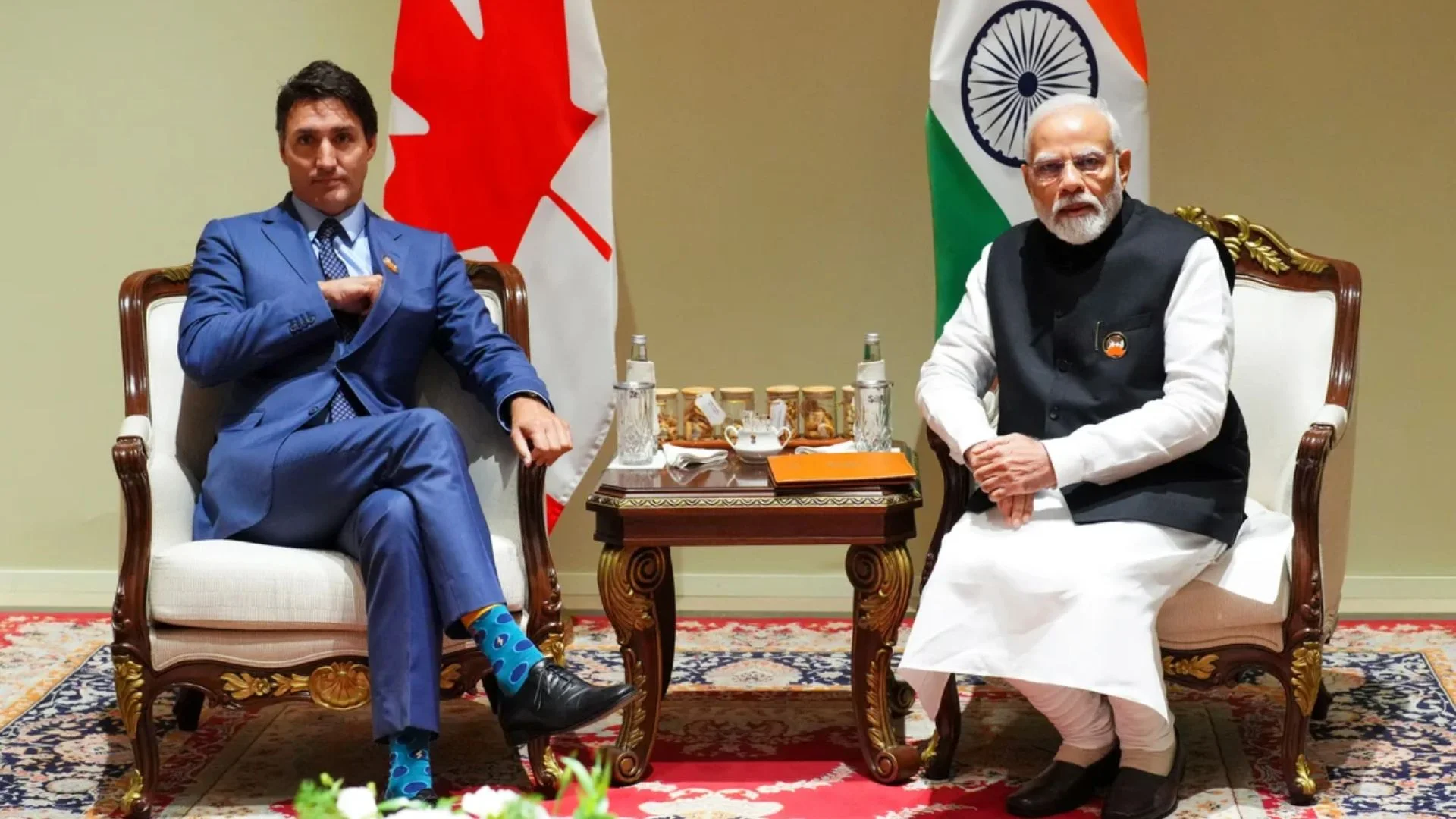Amid escalating diplomatic tensions between New Delhi and Ottawa over the killing of Sikh separatist leader Hardeep Singh Nijjar, Canadian Foreign Minister Mélanie Joly hinted that sanctions on India “remain a possibility.” When asked about potential actions, Joly emphasized that “everything is on the table.”
The tension follows accusations by Canadian Prime Minister Justin Trudeau, who alleged that India was involved in activities threatening Canadian citizens’ safety, citing “clear and compelling evidence” of India’s involvement. However, India’s foreign ministry has denied these claims, stating that Canada has not provided any evidence despite multiple requests.
As diplomatic relations continue to deteriorate, questions arise over the impact of potential economic sanctions. According to economists, any sanctions imposed on India, the world’s fifth-largest economy, could backfire on Canada. Sankhanath Bandyopadhyay, an economist at Infomerics Ratings, noted that Canada’s businesses are deeply invested in India, with over CAD 75 billion in cumulative investments by Canadian pension funds. Additionally, more than 600 Canadian companies have a presence in India, while over 1,000 are actively seeking business opportunities there.
Bandyopadhyay further highlighted the potential consequences for Canada’s agriculture sector, particularly its lentil exports to India. Canada is India’s main supplier of lentils, but competitors like Australia are gradually increasing their market share, potentially displacing Canadian exports if tensions escalate further.
Amit Agrahari, a Public Policy Executive at iSPIRT Foundation, echoed these concerns, emphasizing that Canada, which has struggled to maintain GDP growth, cannot afford to confront India. He added that Canada needs India to diversify its oil export market away from the US, further complicating the situation.
As ties hit rock bottom, experts warn that Canada holds limited leverage against India, risking more harm to its own economy than to India’s.







